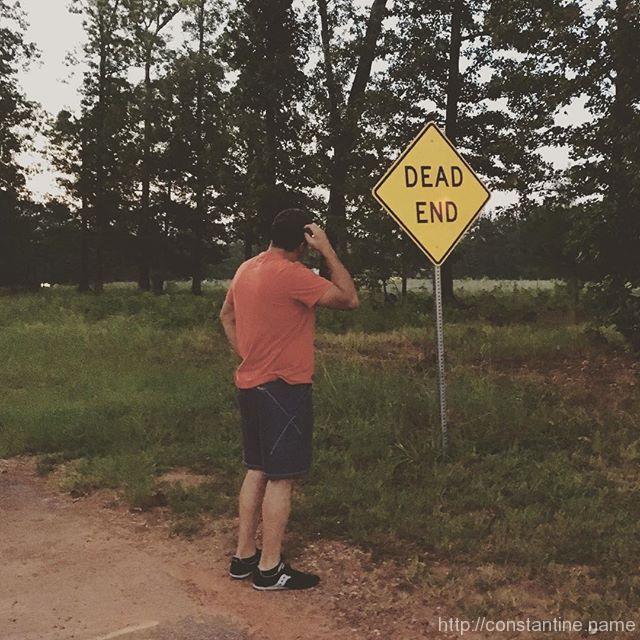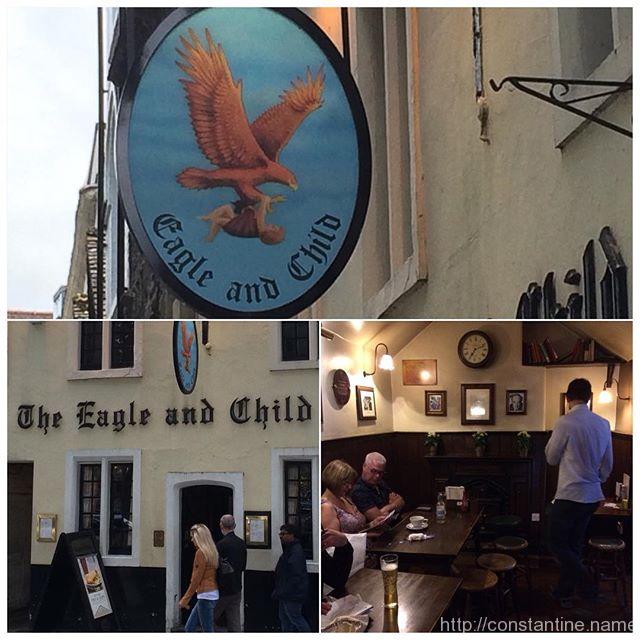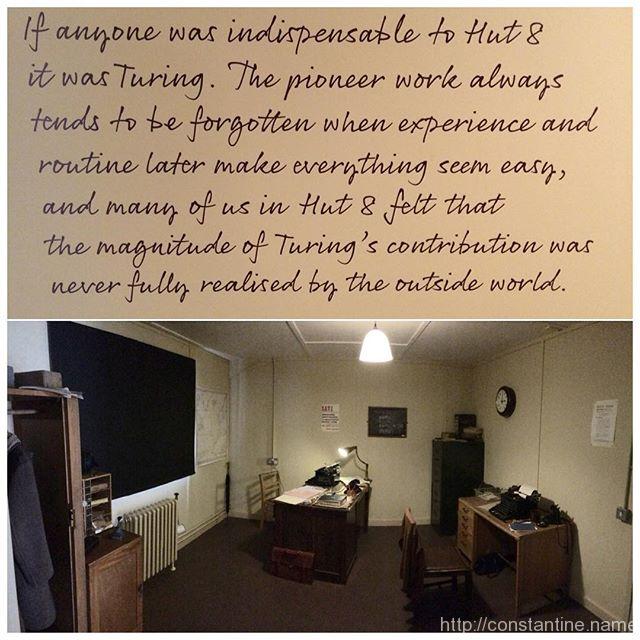Just a couple of days ago, Apple CEO Tim Cook tweeted out a video promoting, “the new iPad Pro: the thinnest product we’ve ever created.” The response has been overwhelming, and overwhelmingly negative: for many viewers, the ad’s imagery of a hydraulic press crushing a heap of musical instruments, art supplies, and vintage entertainment into a single tablet inadvertently articulated a discomfort they’ve long felt with technology’s direction in the past couple of decades. As the novelist Hari Kunzru put it, “Crushing the symbols of human creativity to produce a homogenized branded slab is pretty much where the tech industry is at in 2024.”
~ Colin Marshall, from Aldous Huxley Explains How Man Became “the Victim of His Own Technology” (1961)
slip:4uoeao1.
Setting aside the marketing brouhaha, I was gobsmacked by the phrase, “Crushing the symbols of human creativity to produce a homogenized brand-slab […]” Yes, “homogenized brand-slab” is brilliant and feels like a line of dialog from THX-1138. But I was really fish-hooked by the “symbols of human creativity” part. I talk a lot and often these days about creativity, but I’d never really considered the question: What are symbols—images, place holders, iconography—of creativity?
Because it doesn’t seem to make sense to me why a paint brush, or a trumpet (for example) represent creativity. It’s the mind of the person that does the creativity part… and so: What are symbols of creativity?
ɕ








